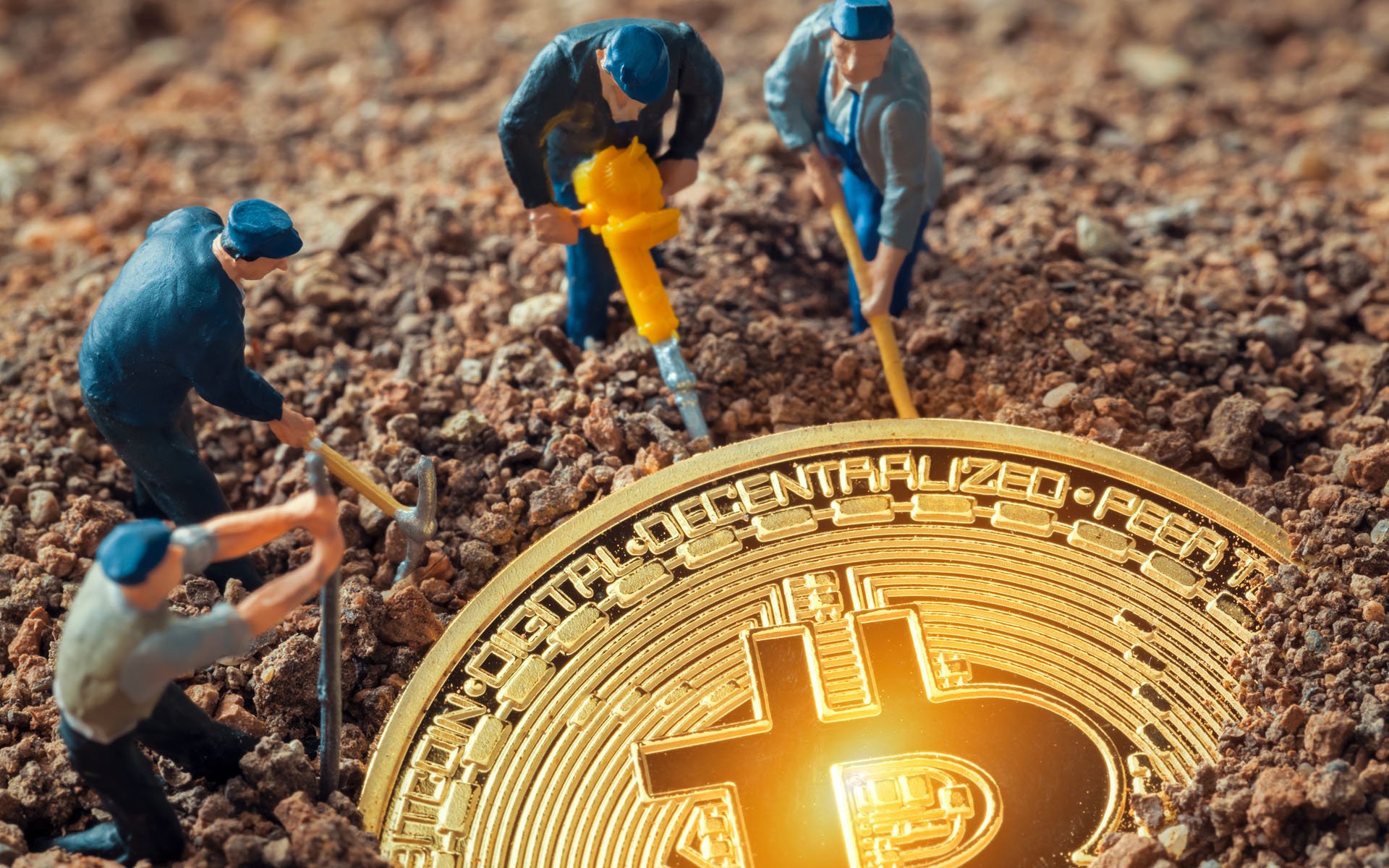2018-8-10 23:13 |
Why You Should Care About Crypto
Money hasn’t upgraded in a long time. Crypto, however, could be one of the biggest upgrades in the history of money. Should the average person really care about crypto? Will crypto really become the new form of money?
Circle recently attempted to answer those questions in a blog post titled, “Money’s Evolving. Again. Here’s Why You Should Care About Crypto.” Circle explains the value of crypto, including how it’s vastly superior to today’s fiat currencies.
In that article, Circle writes:
“Money hasn’t had an upgrade in a while. Although it has taken many forms throughout history, we’ve settled into a world consisting of hundreds of government issued, or “fiat” currencies. Governments and banks control the creation of new currency and then distribute it throughout a network of national banks.”
We’ve grown up in a world of fiat currency. We understand that our money isn’t connected to anything tangible. It has money “by decree” of the government. The USD has value because the US government says it has value, and we trust the US government.
In the future, however, we may look back at this time as an unusual period for money. We may find it odd that it was normal to pay costly exchange rates to transfer money between countries. We might find it strange that the only value of money came from centralized, national governments.
Certain Countries Are Already Moving Away from Fiat CurrenciesYou don’t have to look to the distant future to see trouble for fiat currencies. We’ve already seen problems in the past and present. Zimbabwe, Argentina and Venezuela are three of the best present examples for unstable fiat currencies. These countries are going through economic crises due to their unstable national currencies.
In the past, we’ve witnessed hyper-inflation of national currencies – even in first world countries. Germany famously went through a period of hyperinflation in the post-WW1 days, for example. Could trouble be ahead for other modern economies? We’ve seen hints of this trouble. As Circle explains,
“In modern economies we rely heavily on a complex web of intermediaries to move money, which has created massive inefficiencies that often go unnoticed. This same system caused a financial meltdown in 2008.”
Did Satoshi Nakamoto Change The Future Of Money In 2009“This was assumed to be just the way currency worked until Satoshi Nakamoto unleashed Bitcoin on the internet in 2009,” explains Circle. “Suddenly, there was a blueprint for an entirely new type of currency.”
With bitcoin, there isn’t a centralized governmental entity managing the currency. There isn’t a central bank printing off billions of new bitcoins every year, devaluing the bitcoins we already hold. With bitcoin, centralized governments are replaced by advanced software. The global banking system is replaced with a global network of nodes who contribute processing power to the network in exchange for a cut of the transaction fees and mining rewards.
Under the modern economic system, billions of people are locked out. You can’t open a bank account without ID, for example, and many regions – particularly in the developed world – are simply underbanked. With bitcoin, it’s the complete opposite: anyone with an internet connection can access the bitcoin network.
90% Of US Dollars Consist Of Numbers In A DatabaseMany people are surprised to learn that the vast majority of fiat currency doesn’t physically exist. In the United States, for example, only 11.6% of all US Dollars exist in the form of paper cash and coins. The remaining US Dollars are purely digital.
In that sense, cryptocurrencies aren’t the first form of digital money. Almost 90% of US Dollars consist exclusively of numbers in a database. Countries worldwide have similar figures.
Today, when we transfer US Dollars from one person to another, we’re telling our bank to deduct $100 from our account and transfer $100 to another account. No physical money changes hands, and you need a bank to complete this transaction. With bitcoin and other cryptocurrencies, we can complete a similar digital payment – securely and quickly – without the need for a centralized intermediary like a bank.
Why Cryptocurrencies Are ImportantCryptocurrencies could pave the way for a new financial future. What kind of benefits do cryptocurrencies really offer, however? Why are cryptocurrencies important? Circle, in their blog post, highlights a number of reasons why cryptocurrencies are important.
Serving The Unbanked: 2 billion people in the world are unbanked. They have no access to basic financial services – like credit, a checking account, or a savings account. They can’t take out a loan. They can’t participate in the modern economy. They have no option for long-term cash storage but to store their life savings under their mattress. Others – as many as 1 billion more people – are underbanked, which means they technically have access to the financial system, but often have to rely on non-traditional financial services like loan sharks. Cryptocurrencies, meanwhile, are available to anyone with a smartphone and an internet connection. That’s why crypto is flourishing in certain developing countries. Not All Fiat Currencies Hold Their Value: Zimbabwe and Venezuela are two of the world’s most notable countries with unstable fiat currencies. We take it for granted that, in a first world country, our currency will be worth roughly the same tomorrow as it is today. However, this isn’t the case for people around the world. A More Efficient Global Economy: Today’s economy is more globalized than ever before. We’re more connected to businesses worldwide than at any previous point in history. Unfortunately, this global economy isn’t nearly as efficient as it could be. It’s filled with friction. We pay costly exchange rates when transferring money between fiat currencies. We pay centralized banks and other financial intermediaries high fees for transferring our money. We wait weeks for money transfers to be verified and completed. All of this adds friction to the global economy. Cryptocurrencies can remove most of this friction, paving the way for a more efficient global economy.Circle sums up the future potential of cryptocurrency nicely:
“The promise and excitement surrounding cryptocurrencies has attracted some of the world’s smartest minds in both tech and finance. As resources continue to pour into these groundbreaking new technologies, they will continue to evolve and integrate themselves into our everyday lives. Once cryptocurrencies reach their true potential and value, we’ll look back on the days when banks and governments monopolized money and wonder how we ever got along in the first place.”
origin »Bitcoin price in Telegram @btc_price_every_hour
Emerald Crypto (EMD) íà Currencies.ru
|
|























